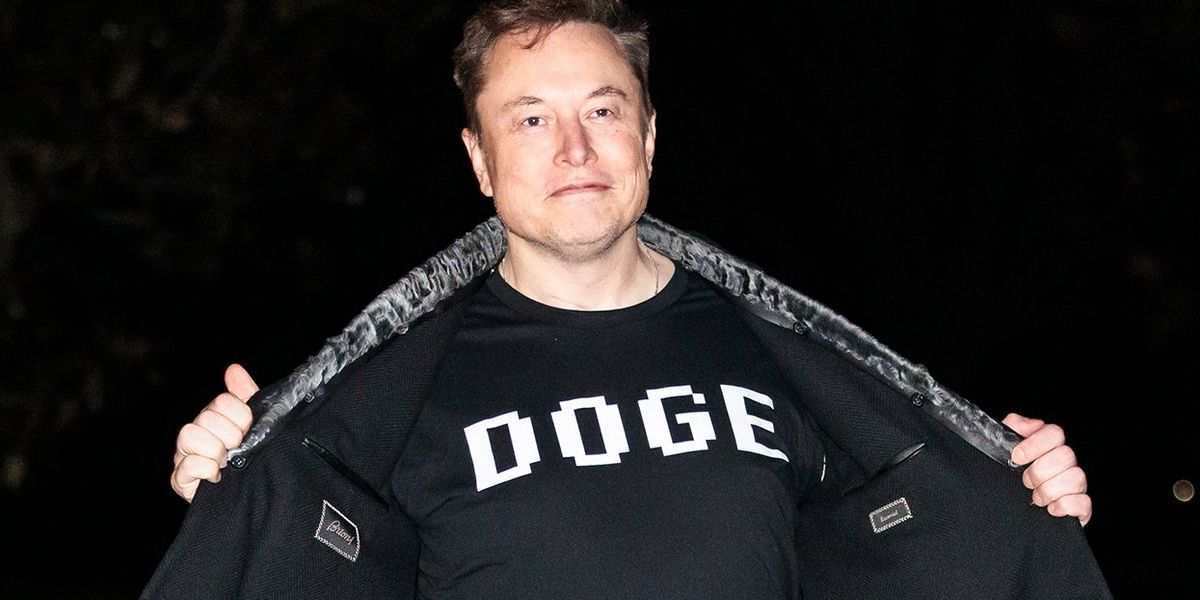What if the tidal wave of anti-trans legislation sweeping across America could be traced, in part, to the wounded pride of the world’s wealthiest man?
Elon Musk—CEO of Tesla, SpaceX, and X (formerly Twitter)—is not just a public figure. He is a force of culture, capital, and controversy. But behind his carefully crafted persona of rebellious genius lies a quieter, more personal story: that of a child who transitioned, took a new name, and severed ties with her father.
Musk’s daughter, a transgender woman, filed legal paperwork in 2022 to change her name and gender identity. She made her wishes unmistakable: she no longer wanted to “be related to [her father] in any way, shape or form.” In other words, she rejected not just his name but his brand, his ideology, and—perhaps most painfully—the Olympian-ordained quest for patronal approval: a pursuit he may have seen as mythic, even heroic, but which she experienced as petty, hollow, and in the end, anticlimactic.
Soon after, Musk began using his platform and his wallet to signal animosity toward the trans community. He posted mocking comments about pronouns, amplified far-right accounts known for targeting trans people, and donated upward of $250 million to GOP candidates and causes, many of whom subsequently centered their campaigns around anti-trans policy agendas.
This raises a chilling question: Could the extraordinary vitriol we see directed at trans people—particularly trans youth—be fueled not by ideology or feigned concern, but by the private grievances of the world’s richest man?
Consider the influence such a donor wields: Musk’s money helped fund legislative efforts to ban gender-affirming care, restrict educational content, police bathrooms, and strip legal protections from an already vulnerable segment of our population. His contributions empowered candidates who thrive on cultural wedge issues, and the trans community quickly became the favored target. We are watching state after state move to criminalize doctors, isolate families, and erase trans existence from public life.
For what? To win elections? To consolidate power? Or perhaps, to settle a personal score.
At the highest levels of wealth, taxation becomes optional, and power can become addictive. The wealthiest Americans often carry expectations on par with their wealth: comfort raised to the height of luxury; levels of quality that pass for perfection; and a final-word authority that’s rarely, if ever, challenged. But when that authority is challenged—especially by a dependent declaring autonomy—the reaction can be ferocious.
This is not to suggest that the anti-trans movement began with Elon Musk. It didn’t. But his story exemplifies a larger truth: personal grievances, when paired with immense economic and political capital, can rapidly metastasize into public policy.
What would it mean if the pain of one estranged father helped bankroll the suffering of thousands of children like his own?
We often ask ourselves how we got here—how a group as small and marginalized as the trans community came to be painted as a threat to the republic. The answer may be as human as it is disturbing: hurt people hurt people. When the hurt person is a billionaire, the damage can metastasize into the systemic oppression of our disenfranchised.
We can no longer afford to treat this wave of cruelty as the usual ebb and flow of politics. It is something darker, more intimate, and immensely more dangerous. World history compels us to recognize this for what it is—a tale repeatedly told, with a moral repeatedly forgotten:
When private vendettas are allowed to dictate public policy, no one is safe.
Voices is dedicated to featuring a wide range of inspiring personal stories and impactful opinions from the LGBTQ+ community and its allies. Visit Advocate.com/submit to learn more about submission guidelines. Views expressed in Voices stories are those of the guest writers, columnists, and editors, and do not directly represent the views of The Advocate or our parent company, equalpride.
